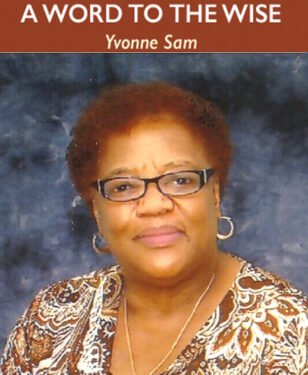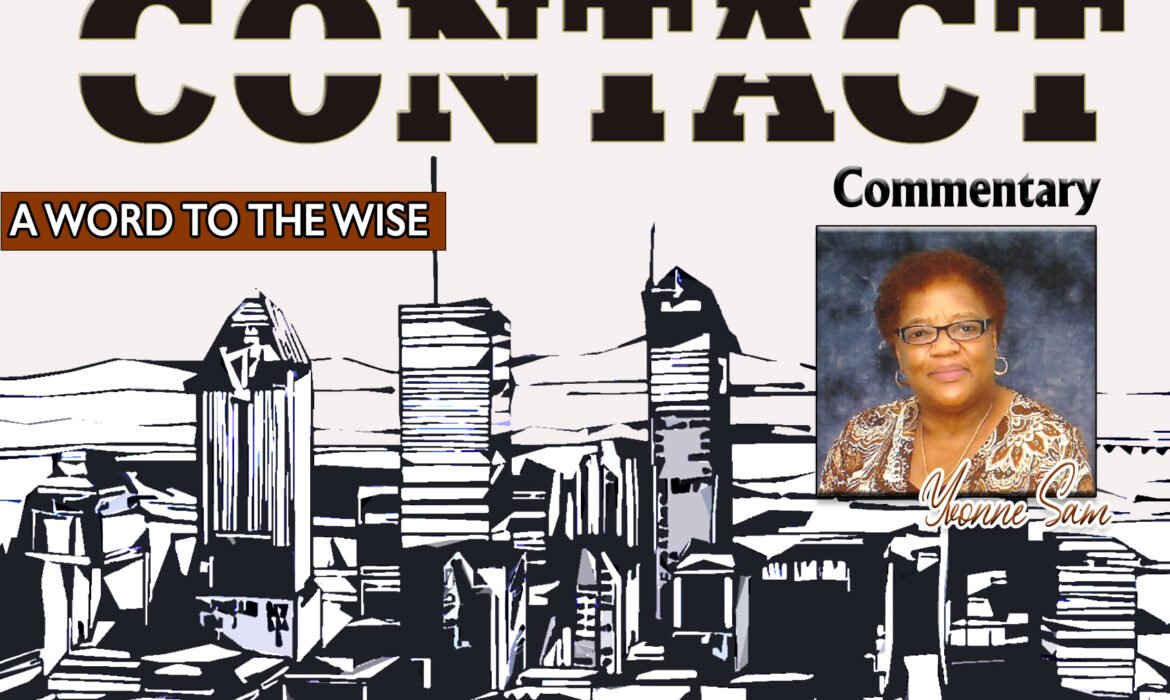 Here we go again!
Here we go again!
The world watched in shock, awe, disgust and consequent mistrust at the beating in Memphis of an unarmed male, Tyre Nichols at the hands of American police.
It was a reincarnation of the March 1991 beating of Rodney King, where the Los Angeles police officers were attempting compliance.
Nichol’s death shared many of the same hallmarks: a traffic stop that turned violent, an outraged community and a critical release of video footage. Notwithstanding, his case was unique in another way. All five police officers now charged with his murder are Black.
Should you be asking the question about whether Black cops can be racist, that would be the wrong question.
It’s called systemic racism. This is what is called toxic police culture. This makes clear the fact that in much of police work, blue often runs deeper than any color. The race of the officers is inconsequential, with the race of the cops being far less important than that of the victim.
A historically biased culture of policing puts Black people at risk regardless of an officer’s race. What played out in the video is the power dynamic between police and the public, along with the manifestation of toxic police culture.
Too often this toxic culture subsumes the police officer’s own culture, his own socio -political beliefs and engages him/ her to engage in devastatingly dangerous and deadly behaviour that lacks humanity.
It does not matter if the officers are Black, White or Chinese, it is part of the institutionalized police culture that makes it somehow allowed that they can use this type of excessive force and brutality against people of color.
For some officers, it does not matter if they are wearing body cameras or if there are witnesses, they will still resort to violence. This culture is what needs to be rooted out.
Diversity does not seem to be the only answer to the question of how to turn police culture.
And so just as much as those officers are responsible for the death of Tyre Nichols, so is the implicit, biased police culture that exists in North America, and has normalized the use of extreme force.
Additionally, Black people and Black police officers can carry with them some of the same understandings or views of Blacks.
Where does police de-escalation come into play? Ironically, throughout the entire incident it was the deceased that was behaving in the manner that a police officer was trained to behave. His tone was moderate, while they were screaming profanities. He complied with demands as much as he could with his 140 lb body against five grown men trained to engage in hand to hand combat.
He was tased and the taser hurt his body, but got him out of the officer’s grasp. He was punched. He was kicked. He ran from people who were trying to kill him– something any reasonable person would do. At no time do we see Nichols being a threat to the cops. This was a clear use of excessive force, even if excessive does not begin to capture the scene.
We saw in the Black policemen, individuals regardless of color, who have embraced the law enforcement mentality or police culture –if you run, you are going to pay-so you had better stay.
Some Black police officers who are as equally brutal as the white officers. This mentality has to be rooted out. Unfortunately, violence is what was natural for these individuals in this instance.
We have a systemic problem that has to be dealt with. It does not only mean having the right people in the right department but it goes further and calls for a thorough shake up…. identifying individuals that are inside our organizations and our police departments and getting them out of the profession.
Police duties must always be done in a manner that is transparent, professional, and upholds the high standards of policing.
Every officer understands that they are accountable for their actions. Diversifying evil does not change the meaning of the noun. One can put Blackfaces on the institutions that are fundamentally corrupt at their core, it does not change the fundamental nature of the institution.
What the video showed was the warrior type of policing, and unless there are specific types of consequences , continuation of such behaviour is assured. Training is only as good as what people will actually do.
The cops looked and acted like warriors, not protectors and defenders. Policy is only as good as an officer is held accountable to that policy, and when police culture squashes that policy, then the policy and the training does not matter.
The immediate question is “ Why do these young policemen, all of them recruited between 2017 and 2020 display police behaviour that we associate with old school. For some individuals, the draw to policing is that you will have power. This idea immediately brings to mind distributive justice, which is different from legal justice.
Police officers are on the street distributing their own idea of what justice is. There is no idea of due process. Triggering that is the fact that a citizen may not comply, not follow police orders, that you cannot control them, when all of a sudden the policeman realizes that he can now administer his own justice.
As can be seen in the video when the dispatcher requested to know the charges, none of the officers responded.
There seems to be a lesson here — that we know the truth about how hard it is to change police culture and just how easy it is to start phony culture wars.
The lesson to be learnt from the death of Tyre Nichols would have to be that the outrage that followed George Floyd’s death was not enough. Outrage is no good if, in fact, it does not lead to lasting change.
Aleuta continua ——– The struggle continues.















